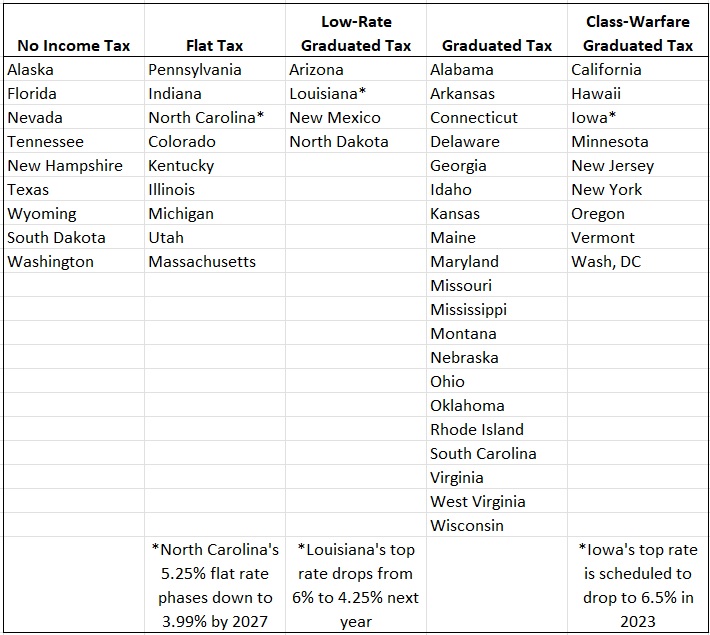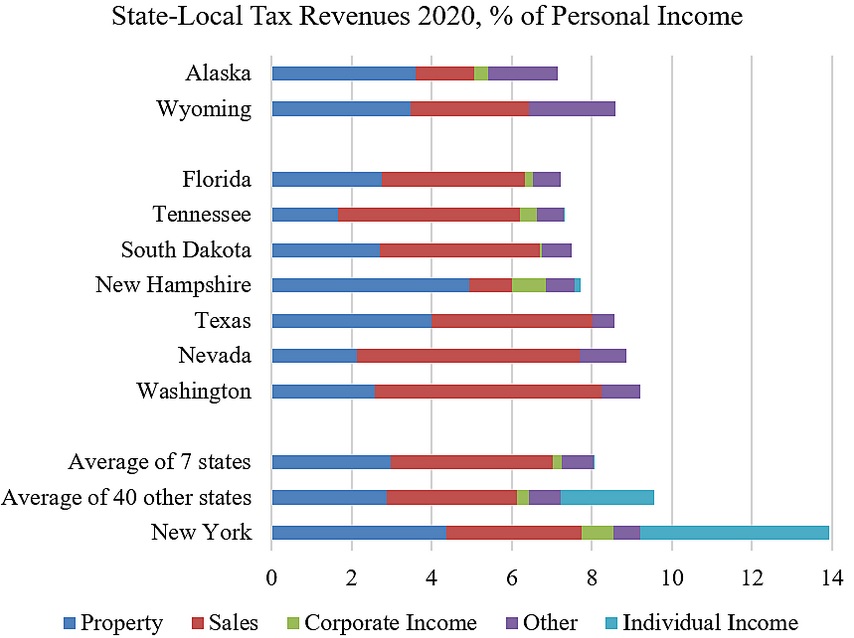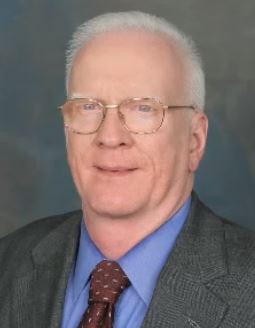Yesterday
I got two emails from Harvard University, as I presume all other
Harvard alumni also did. There’s big news: the Presidential Search
Committee has announced who will become the next President of the
University. It’s Claudine Gay, currently Dean of the Faculty of Arts
and Sciences, the largest constituent piece of the institution. She
will become President on July 1, 2023, when current President Larry
Bacow steps down (after only five years).
Have I heard of this person before? More on that in a bit.
But first some of the gushing praise from the official University publicity:
Claudine is a remarkable leader who is profoundly devoted to sustaining and enhancing Harvard’s academic excellence, to championing both the value and the values of higher education and research, to expanding opportunity, and to strengthening Harvard as a fount of ideas and a force for good in the world. . . . As her many admirers know, Claudine consults widely; she listens attentively; she thinks rigorously and imaginatively; she invites collaboration and resists complacency; and she acts with conviction and purpose. . . . Claudine’s own scholarship and teaching have focused on aspects of democracy—political participation, voting behavior, public opinion, and the interplay of race, ethnicity, and politics in America.
And that’s barely a tenth of it. I’m sorry I can’t give you a link to the whole thing; but then, I certainly would not recommend wasting your time reading it.
But where have I come across this name before? Somehow I remembered seeing it on Instapundit, and with a quick search there I find this brief post from April 17, 2022. The link goes to a Substack article by a guy named Chris Brunet, formerly of the Daily Caller, who has gone out on his own at Substack under the name Karlstack. Brunet apparently makes a specialty of exposing corruption in academia, and he is all over the case of Ms. Gay. His April 17, 2022 post has the title “The Curious Case of Claudine Gay.”
The subheading is “She is the common thread in the Epstein, Weinstein, Dominguez, Enos, and Fryer scandals.” That’s quite the list! Is there anything to this?
Before getting to the details of some of those, we should take note of what Gay has been mainly known for during her time in the Harvard administrative bureaucracy, and that is “racial justice initiatives.” For example, there is this article from Harvard Magazine, August 20, 2020, with the title “Claudine Gay Announces Racial-Justice Initiatives.” Brief excerpt:
Claudine Gay, dean of the Faculty of Arts and Sciences (FAS), announced a series of initiatives to address racial and ethnic equality—including faculty appointments and the addition of an associate dean of diversity, inclusion, and belonging. “This moment offers a profound opportunity for institutional change that should not and cannot be squandered,” Gay wrote in an email to the campus community. “It is up to us to ensure that the pain expressed, problems identified, and solutions suggested set us on a path for long-term change.” On the academic side, Gay announced a reactivation of the “cluster hire” in ethnicity, indigeneity, and migration that originally launched in October 2019—part of FAS’s response to intense student interest in, and pressure for, teaching and learning in ethnic studies.
It goes on and on from there. Various pieces I am reading yesterday and today also indicate that Ms. Gay’s scholarship, such as it is, focuses on the areas of Critical Race Theory and Diversity, Equity, Inclusion and Belonging. No surprise there.
So let’s now consider the case of Ryan Enos, including the role of Ms. Gay in same. Mr. Enos was a recently-tenured young professor at Harvard when in 2018 an anonymous whistleblower (with identity protected under a federal statute) submitted a complaint to Harvard accusing him of fabricating his data for his most important works. Four years later, in early 2022, the whistleblower report was leaked to Brunet, who broke the story in this March 2022 post with the title “EXCLUSIVE: Leaked Report Shows Harvard Professor Fabricated Data.” Brunet provides this link to the whistleblower report, but when I go there I find that it is behind paywall, and on top of that is supposedly “archived,” such that it will take 24-48 hours to retrieve it. So I will go with Mr. Brunet’s description of the contents.
From Brunet’s description, a main focus of the whistleblower complaint was an Enos paper that appeared in 2016 in the American Journal of Political Science, with the title “What the demolition of public housing teaches us about the impact of racial threat on political behavior.” In the paper Enos advanced what he called the “racial threat theory.” From Brunet’s description:
[The ‘racial threat theory’] is closely related to "critical race theory," and attempts to quantify the degree to which white people feel threatened by minorities. To study this, Enos examined the demolition of public housing project in Chicago in the early 2000's and concludes that it resulted in white people voting less conservatively.
But the whistleblower points out several problems with Enos’s analysis, of which this is the main one:
The main problem with his analysis — among several problems — is that 800+ precincts in Chicago are missing from the data, with no justification given. It is possible/probable that Enos deleted this data by hand. Many of these deleted precincts are in Republican leaning areas, meaning Enos' conclusions about voting patterns would likely not hold if they had they not been deleted.
And there’s a comparable problem of alleged data falsification in another one of Enos’s articles. So the complaint is facially plausible, and not difficult to investigate. What happened to it? From Brunet’s April 2022 piece:
Rather than investigate this claim, Claudine Gay had the Harvard Committee on Professional Conduct write a dismissal letter with the justification that CPC is not the appropriate unit to investigate, so the report is dismissed.
“Not the appropriate unit to investigate”? In an October 21, 2022 post Brunet comes up with two rather damning things. One is a screenshot of the newly-leaked text of the October 26, 2018 letter from Peter Marsden of Harvard’s Standing Committee on Professional Conduct of the Faculty of Arts and Sciences (i.e., Marsden was a subordinate of Gay) to the whistleblower. This is the letter that informed the whistleblower of the dismissal of the complaint. The letter states that the SCPC declines to investigate the allegations of Enos’s misconduct on the grounds that they “do not fall within the purview of the Standing Committee on Professional Conduct.” The second item presented by Brunet is a screenshot of the write-up from the Harvard FAS website describing the function of the SCPC as including “hand[ing] allegations of research misconduct involving FAS investigators.”
Finally, Brunet points out that, upon dismissing the whistleblower complaint, the SCPC did not refer the complaint to any other body that may have had appropriate “purview.” The matter was simply dropped. Brunet concludes (in the October 21 post):
The smoking gun has been leaked. Claudine Gay & Ryan Enos are toast.
I guess he didn’t get that one right. As we now know, less than two months later, Claudine Gay has just been named the next President of Harvard. As far as I can determine, Enos continues in his cushy job as tenured professor, without a blemish on his record.
Let us next consider the case of Harvard Professor Roland Fryer. In 2007 Fryer at age 30 became the youngest African American (and second youngest person) to ever get tenure at Harvard. He was a young superstar, and quickly came to run a large research operation. Brown University economics professor Glenn Loury describes Fryer this.way in a March 2022 Substack post:
Roland Fryer is the most gifted economist of his generation. Not the most gifted black economist of his generation, the most gifted economist of his generation. Period. He was tenured at Harvard at the age of 30, he was awarded the American Economics Association’s John Bates Clark Medal, he received a MacArthur “Genius” grant, his publications appeared in some of the most distinguished journals in the field, and his scholarship was regularly covered in the mainstream media.
Unfortunately, some of Fryer’s research started to reach the “wrong” results. Most famously, in 2016 Fryer published a paper titled “An Empirical Analysis of Racial Differences in Police Use of Force.” Here is the main conclusion from the abstract of that paper:
On the most extreme use of force – officer-involved shootings – we find no racial differences in either the raw data or when contextual factors are taken into account.
In other words, Fryer’s research was becoming threatening to the racial justice crowd at Harvard, not the least to Claudine Gay.
In 2017 Fryer fired a long-time personal assistant (that is, a secretary rather than a researcher). She then brought allegations of sexual misconduct against Fryer, which consisted of some dozens of statements allegedly made by Fryer over the course of several years, either orally or in text messages, that the complainant found offensive. The allegations went before a Harvard administrative body called the Office for Dispute Resolution, or ODR.
At the end of 2018 ODR issued a 71 page Report on the matter. That ODR Report then became the subject of a long piece in the New York Times on December 14, 2018, and of an equally detailed piece by Stuart Taylor at RealClearInvestigations on January 29, 2019. It is fair to say that the Times piece spins the allegations in a way to be as unfavorable to Fryer as possible, while Taylor is highly critical of the Times and supportive of Fryer.
But whichever take you may have, nothing about these allegations was remotely in the category of, say, a Jeffrey Epstein or a Harvey Weinstein. As Taylor notes, “Fryer . . . has never been accused of making a pass at a subordinate or asking for sex.” Rather, the allegations related to some mild sexual banter or off-color jokes. Read the Taylor piece for much more detail. My favorite of the collection, fairly representative of the whole, is an alleged statement by Fryer that “I learned my negotiating skills trying to get laid in high school.”
Harvard’s ODR dismissed all but six of the allegations against Fryer as either not being credible that they actually occurred, or not offensive. As punishment for the six allegations found credible, ODR recommended that Fryer be required to attend mandatory sensitivity training.
But then ODR’s recommendation went before a committee of Harvard’s highest-ranking administrators for review. Until earlier this year, none of the names of the members of that committee had been made public. But the result of that review was that the punishment for Fryer was changed rather drastically. Instead of some sensitivity training, here’s what he got: two years’ full suspension without pay; his research lab closed; and all his research projects stopped.
In March 2022 film-maker Rob Montz released a documentary about the Fryer affair at Harvard with the title “Harvard Canceled Its Best Black Professor. Why?” Montz’s documentary, which is only 25 minutes long, was posted at Bari Weiss’s Substack and can be viewed here. Most important for current purposes is that Montz was able to identify two members of the committee that changed Fryer’s punishment from some sensitivity training to effective execution. One of them was Claudine Gay. Montz’s comment (quoted by Brunet here):
Roland’s work represents a mortal threat to some of the most powerful black people at Harvard. Consider Claudine Gay, the daughter of an engineer who went from Exeter, to Stanford, to Harvard, She’s a silky-smooth corporate operator… [her] career and reputation were directly threatened by Roland’s work. [She] got to determine Roland’s punishment. Claudine Gay asked the president of the school to revoke Roland’s tenure. The president declined.
Brunet comments:
This documentary revealed that Harvard's own Title IX office dictated a punishment of “workplace sensitivity training” for Fryer, but Gay overruled them and instead set out to destroy Fryer's career. . . . Gay applied differential treatment to Fryer compared to Enos. Fryer was immediately investigated and aggressively sanctioned, while Enos is still not being investigated four years after credible allegations of falsification and fabrication were made known to Harvard officials, with plenty of evidence, including code to verify them.
The picture emerges of Gay as the enforcer-in-chief of wokist orthodoxy at Harvard. I guess that’s the main qualification for the presidency today.
Oh, and did I mention Jeffrey Epstein and Harvey Weinstein? They have their own Harvard-related scandals, and Claudine Gay is in the middle of both of them as well. Brunet treats both in this April 2022 post. Epstein, you may recall, was a large donor to Harvard, and in return got himself an office and a telephone at the university. That occurred on the watch of Gay’s predecessor as Dean of FAS, one Michael Smith. Gay’s role was to whitewash the whole thing. Brunet comments:
Claudine Gay allowed Michael Smith to get away scot-free in the Harvard-Epstein ties investigation — she came in and nicely whitewashed it all away. Claudine Gay has Epstein coverup stink on her, and Michael Smith has major Epstein stink on him.
In the Weinstein matter, a Harvard Law professor named Ronald Sullivan for some time served on Weinstein’s defense team. That is, until students complained, and Gay weighed in. (Note that Sullivan, a law professor, was not under Gay’s purview as Dean of FAS.). The Harvard Crimson headline in February 2019 was “FAS Dean Claudine Gay Calls Sullivan’s Response To Student Concerns ‘Insufficient.’”
By the way, Sullivan has also represented Fryer in his ordeal with Harvard. And he is also black. At Claudine Gay’s Harvard, there are the right kind of blacks, and the wrong kind. The wrong kind will be taught to know their place.
The head of the search committee that has made this disastrous decision is one Penny Pritzker. You may recognize her as Obama’s Commerce Secretary, Finance Chair of Obama’s campaigns, and sister of the current Illinois governor. Oh, and also as someone who made a big piece of her fortune selling your confidential personal data without your permission (i.e., TransUnion Credit Bureau).





